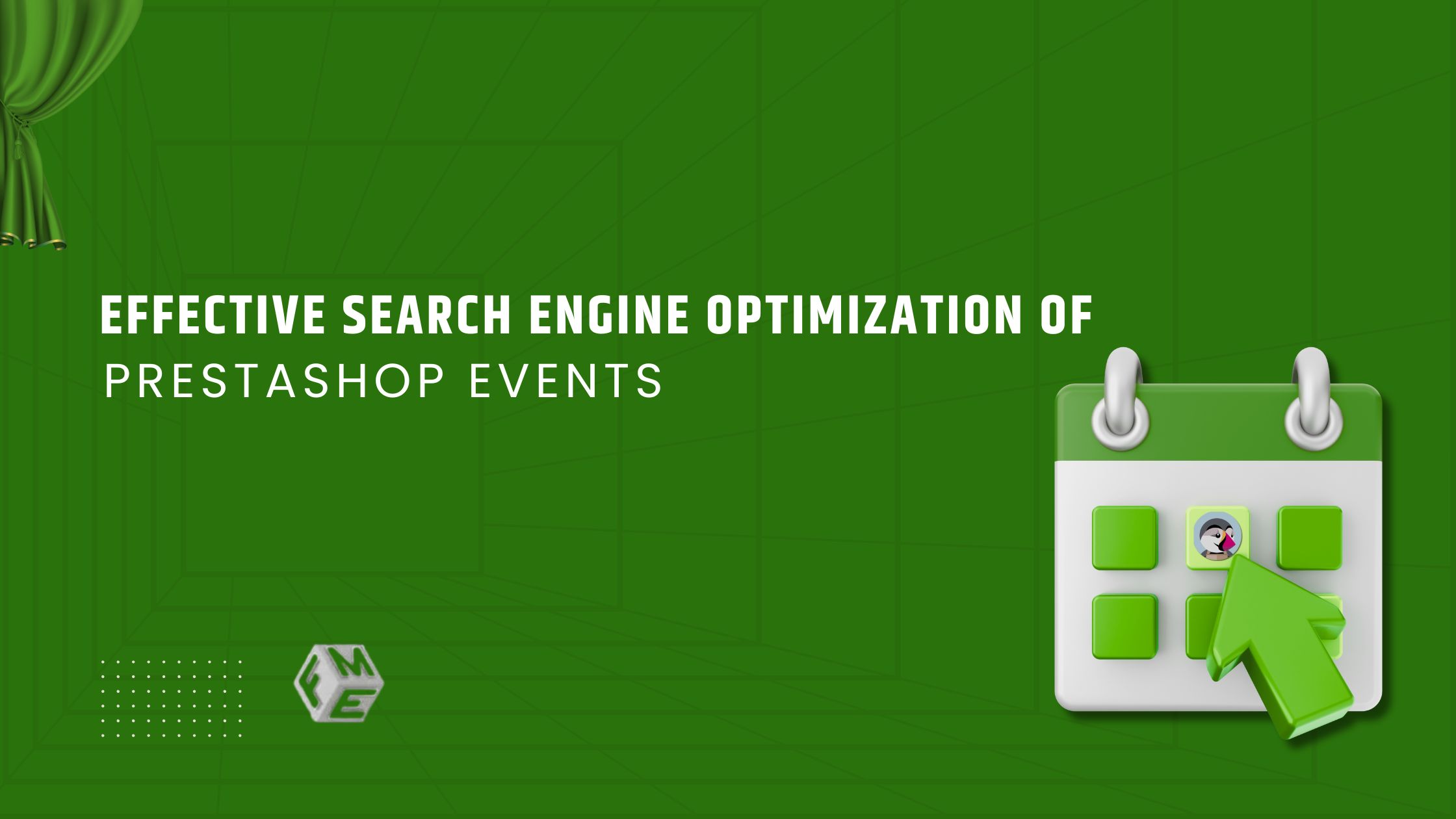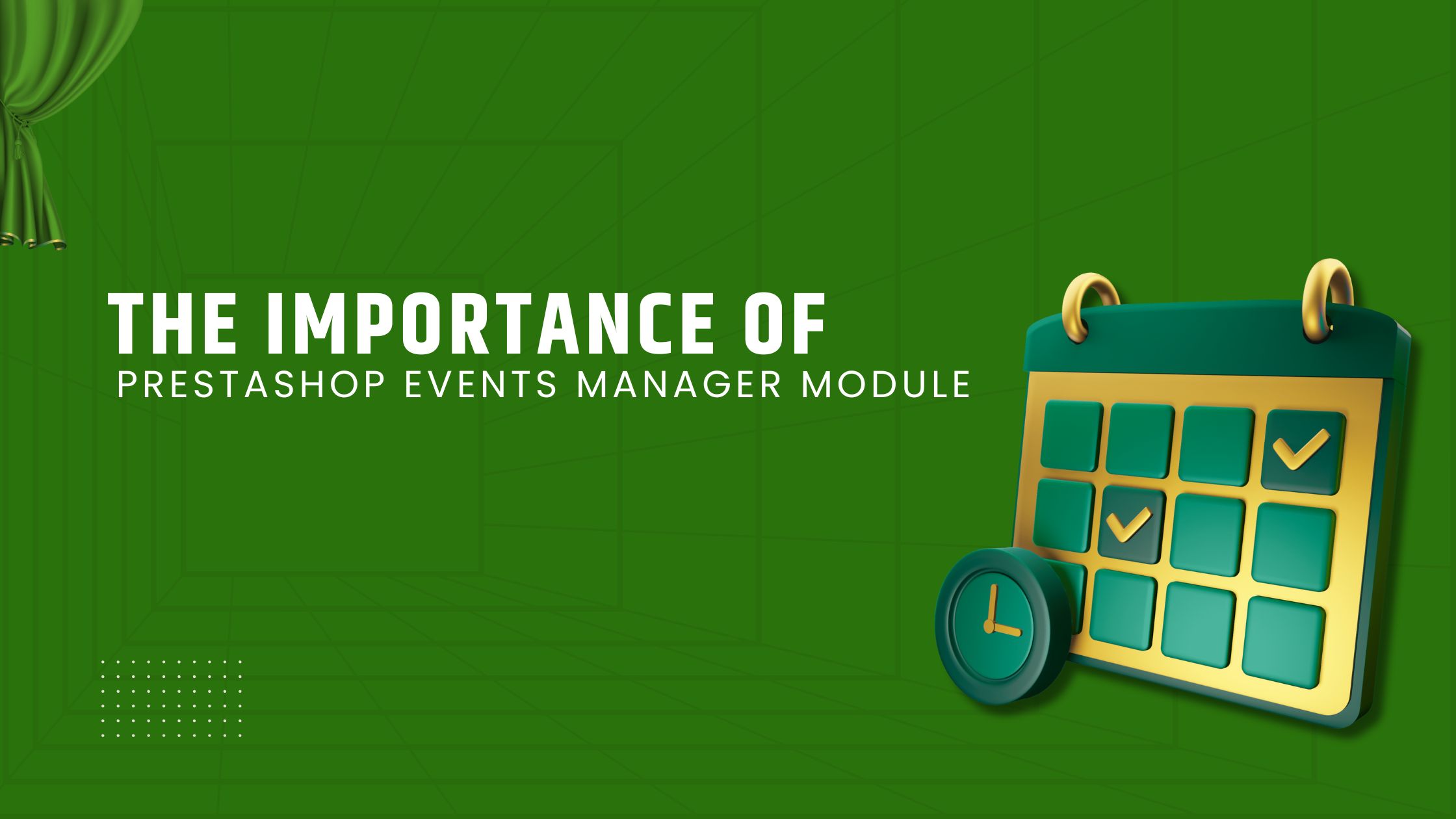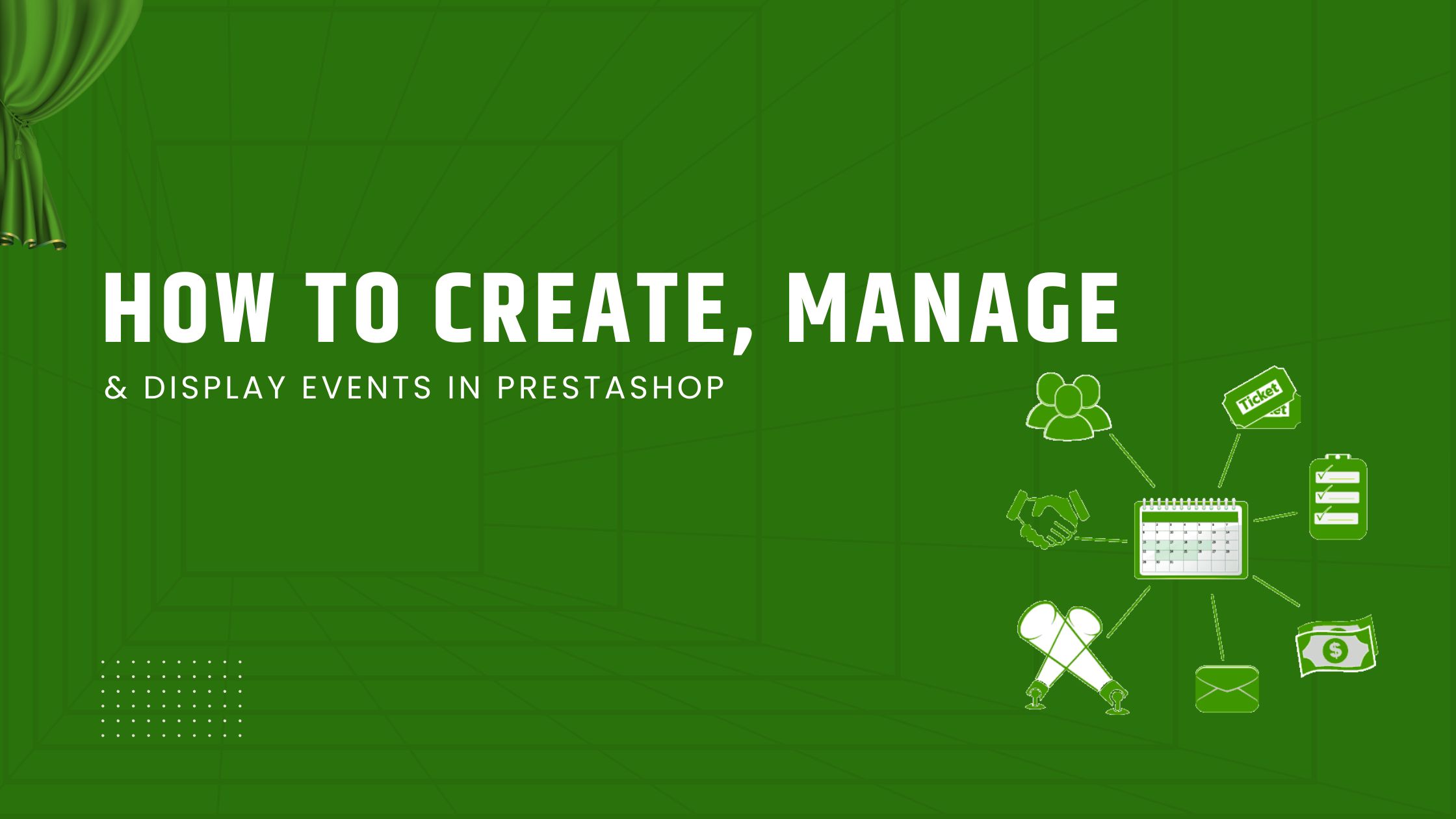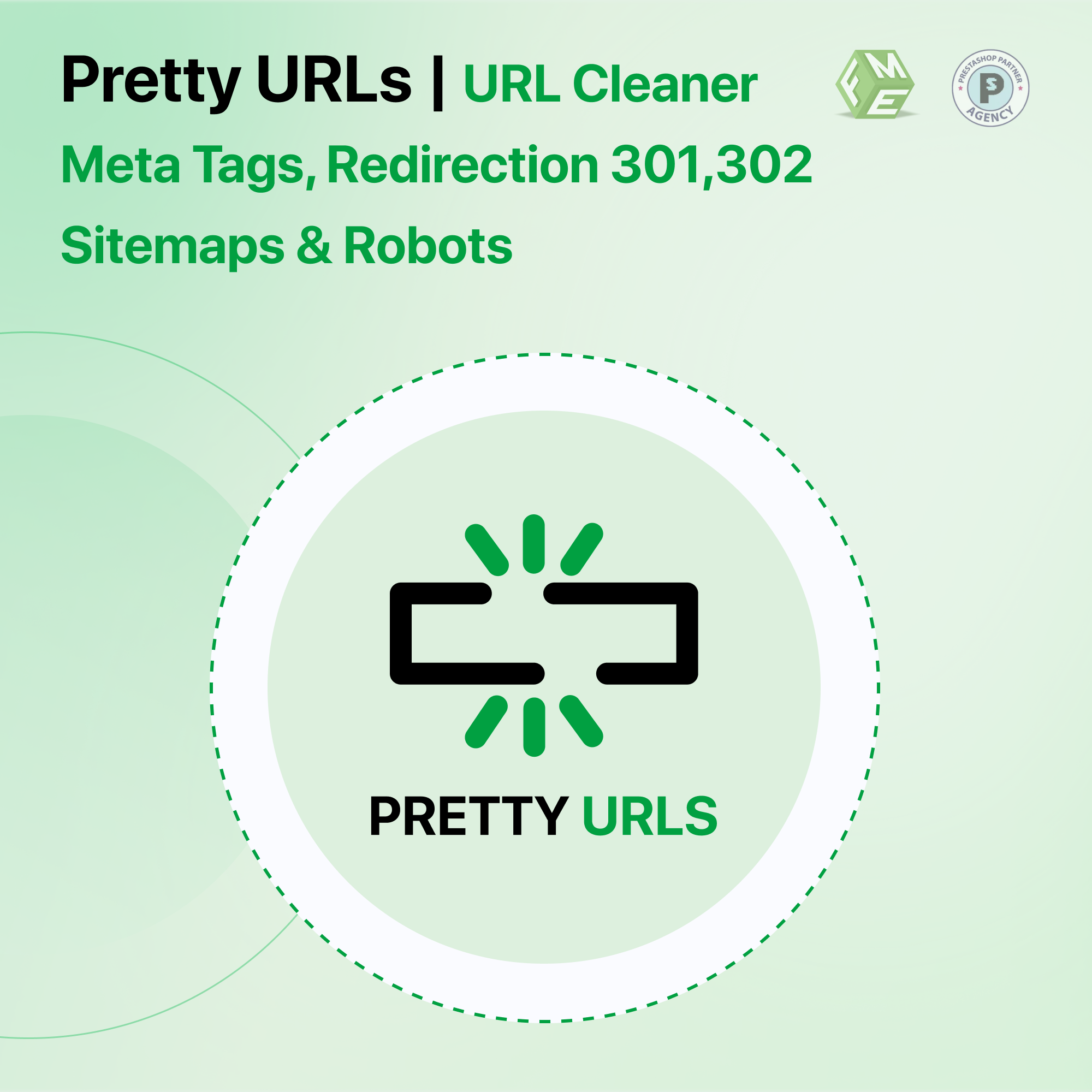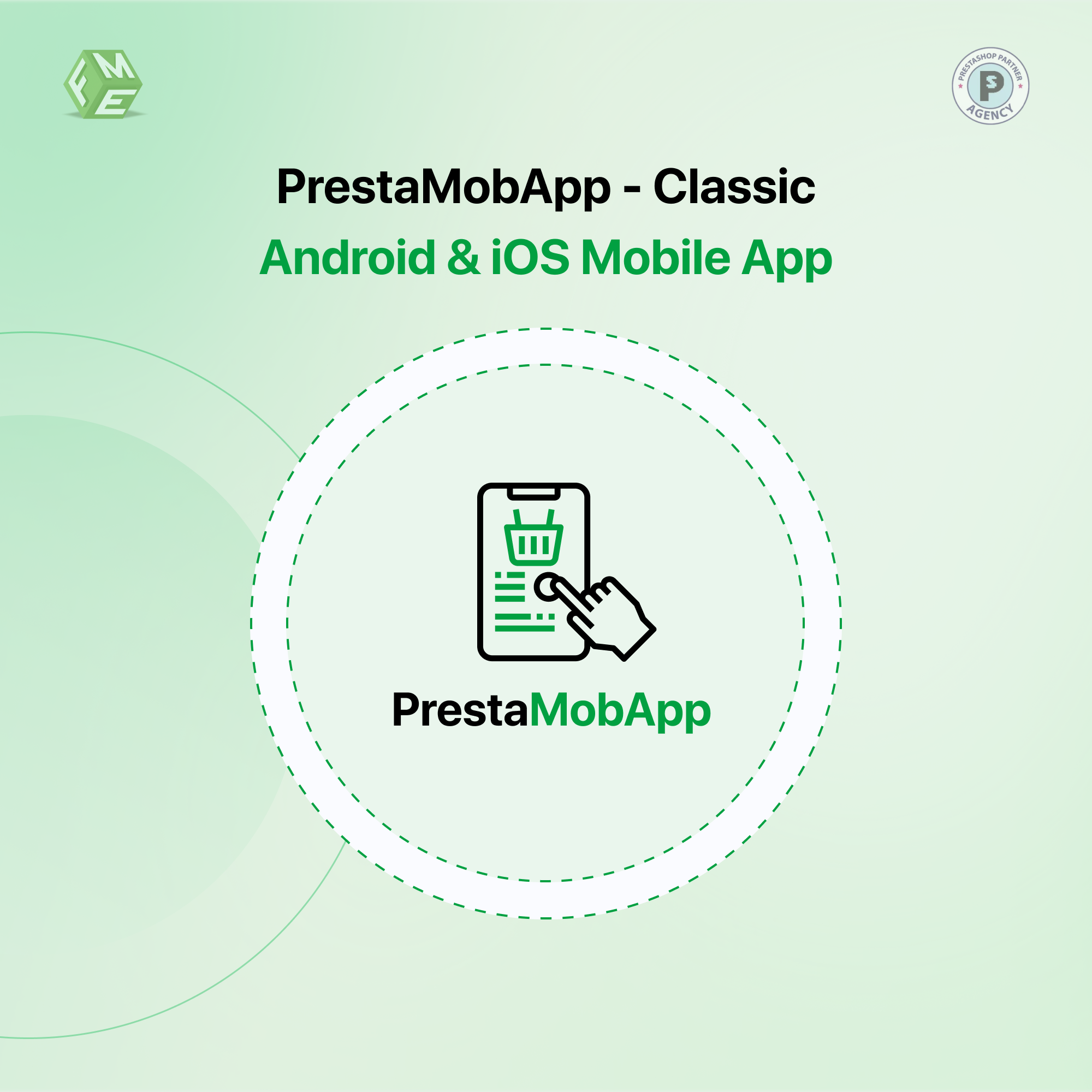Top 7 Shopping Cart Selection Criteria for E-Commerce
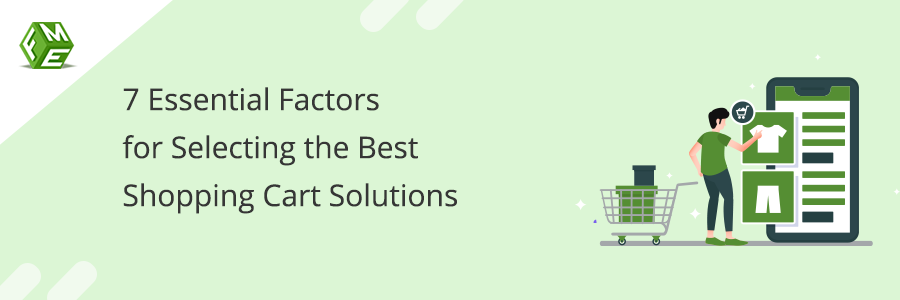
Posted On: Apr 19, 2024
Categories: Marketing
7 Features to consider while choosing shopping cart software
Your shopping cart serves as the backbone of your online store. An effective shopping cart system magnifies the net shopping experience and increases conversion rates, and with that, you get a boost in your sales. Below are several typical features to consider when choosing any shopping cart software:
1. User Friendly Design
The most important feature to be considered while choosing the best shopping cart is its user-friendliness. Your customers should have an easy navigation to your store, they could easily add products to carts and complete the purchase process with an effective checkout process. Keep the interface as simple as possible to ensure a smooth shopping experience for your customers.
2. Security
Given the escalation of cybercrimes, it is understandable that most of the customers are concerned about security. Security is an important factor especially when you handle the sensitive data of your customers. Using an e-commerce shopping cart software with a high level of security and compliance with the standard security protocols, can assure customers regarding the safety of their data.
3. Mobile Optimization
In the times, where mobile shopping is experiencing a surge, having a mobile-responsive store is of vital importance. Predictions said mobile commerce is expected to generate higher revenue by the end of 2025. Keeping this in mind, your shopping cart software must have responsive designs that adapt seamlessly to various devices. This guarantees that your customers can shop effortlessly on any device, enriching the overall shopping experience.
4. Scalability
Ensure that your chosen shopping cart software can grow alongside your expanding e-commerce enterprise. You have to make sure that the selected e-commerce shopping cart enables you to update your store as needed and manage the increased traffic.
5. Customization
Shopping carts must be chosen with the feature of customization because most of the time, shopping carts serve the same functionalities. To stand out in a competitive market you have something unique to offer your customers.
6. Third-Party Integration
Third-party integrations must be taken into account for a consistent selection of shopping carts for websites. Make sure that your shopping cart software can ideally integrate with any required tools or services. These integrated processes facilitate the streamlining of your business operations, enabling informed decision-making.
7. Pricing and Cost
Pricing is also one of the prime factors when choosing the best shopping cart software for an e-commerce website. Different providers offer different pricing structures including, monthly subscriptions, transaction fees, etc.
Introduction to e-commerce Shopping Cart System:
An online shopping cart software is a genie. It allows customers to select, reverse, and purchase desired items. Just like you went to a store, and placed some products in a trolley, similarly in online shopping, products can be added to the online cart.
An E-commerce shopping cart comes in the last in every customer's shopping spree. This is the very application, pivotal in facilitating online transactions for e-commerce businesses.
When the user completes their purchasing journey, the last two steps they encounter are online shopping cart and checkout. Checkout is the last process, but before paying for what a user has bought, the user needs to watch out for what is selected, maybe he would buy something again going back to the product listing.
All these steps must be coherent so that the user can come back and make another purchase soon. If built to satisfy all your buyer’s needs, it would increase business's conversion rates and customer satisfaction.
Now Imagine this: A customer strolls through your store, filling their basket with goodies. But then, at checkout, frustration sets in. The process is clunky, confusing, and takes forever. Poof! Just like that, your potential sale vanishes.
This is all too common in online shopping, don’t fall victim to that.
In today's competitive e-commerce world, a smooth checkout experience is crucial. That's where your e-commerce shopping cart software comes in. It's the hidden element behind every successful online store, handling everything from adding products to taking payments securely.
But with so many shopping cart options out there, choosing the right one can feel overwhelming. This blog post is your ultimate guide to selecting the perfect shopping cart for your business needs and skyrocketing your sales!
What is Shopping Cart Software:
E-commerce shopping cart software is a web-based application that amplifies the virtual shopping experience. Apart from an online store, small e-commerce ventures make use of these platforms for systematic order management.
Shopping cart software is more efficient than traditional e-commerce platforms where one has to deal with the cart and checkout independently. In short, from creating a digital store to secure transactions, shopping cart software streamlines the whole e-commerce process.
Why is a User-Friendly Shopping Cart Important?
Think of your shopping cart as the bridge between browsing and buying. If it's riddled with confusing steps or technical glitches, customers are likely to abandon their carts before completing the purchase. A user-friendly shopping cart keeps your customers happy, reduces cart abandonment rates, and ultimately boosts your bottom line.
Types of e-commerce Shopping Carts:
After grasping the importance of a shopping cart, it is obvious and a mandatory thing for every online seller to have seamless shopping cart functionality on their websites. There are two types of shopping carts: Hosted and Self-hosted shopping carts.
These two categories are distinguished based on Web hosting, one of the main differences between types of e-commerce shopping cart software. Let us take a closer look at each.
i. Hosted Shopping Carts
These are easy solutions managed by the companies that created them. You have to set up your online store, sign up with your chosen host and you are ready to use. These are user-friendly and require minimal technical expertise to get started, that’s why most businesses make use of this kind of carts.
You can use pre-made website templates to set up a new store or simply add purchase buttons to your existing website and start selling immediately. Some of the most used examples are Shopify, Bigcommerce, etc.
ii. Self Hosted Shopping Carts
These are 100% customizable shopping solutions that you can host on your servers. This simply means that you download the software and run it by yourself. You can build and customize your cart according to your specific needs.
One major factor that is to be kept in mind, it requires more technical knowledge and resources for implementing and maintaining the stores.
How to choose the Best shopping cart solutions:
In today’s digitized world, setting up an online store has become more accessible and easy than ever before. E-commerce is transforming businesses across all industries, from startups to the corporate level. The increasingly growing trend towards online shopping presents a distinctive opportunity for small retail businesses especially to reach a wider audience that would ultimately give them a boost in sales.
Choosing the best e-commerce shopping cart is one of the most important factors for entrepreneurs because it impacts the overall shopping experience for customers and the efficiency of their business. For enterprise e-commerce businesses, choosing the wrong cart system could be hazardous as responsibilities on them are high.
With substantial sales projected, having an online store is no more a luxury but it has become an essential thing to survive in today’s saturated marketplace. In 2019, the COVID-19 pandemic aggravated this growth, as it caused a global shift in e-commerce trends. Out of necessity, businesses had to adapt their customer experience strategies accordingly. Moreover, the global e-commerce market is set to jump nearly 50% by 2025 as business owners and consumers both are focusing on e-commerce.
Best Shopping Cart Software to Consider:
Shopify
When it comes to robust and secure e-commerce shopping cart solutions, Shopify comes in as one of the top choices for business owners. Dealing with its users which may vary from new startups to the growing e-commerce merchants, Shopify offers a top-level online shopping cart that prioritizes both convenience and security.
Secure transactions handling payments directly, employing SSL encryption to safeguard sensitive data. No third-party accounts are necessary, streamlining the checkout process for your customers.
Shopify understands the importance of flexibility in payment methods. It offers compatibility with over 100 payment gateways, making it easy for you to cater to a global audience.
Shopify allows its users to customize their setup for international selling, accommodating more than 50 different languages including Danish, Dutch, Spanish, French, German, Greek, Italian, and others, tax rates, and currencies.The Shopify plans start at $29 per month.
PrestaShop
PrestaShop Being an open-source shopping cart for all sorts of businesses, Prestashop has a massive collection of features. The merchant can avail basic setup with free and paid module.
Prestashop is well known for its multiple features like customization, site management, SEO optimization , superb navigation, and analytics reports. It comes with 40+ languages. Apart from some basic requirements, no specific requirements are stopping you make Prestashop your very own shopping cart.
PrestaShop is a great option for any EUROPEAN merchant, due to the built-in tax features, which make it easy to sell and configure your taxes based on location, product, and shipping.
As PrestaShop is self-hosted, the initial setup could be slightly challenging or you can pay for a support package to escape from this hassle.
For better understanding and more concise decision making you can also look at the comparison between Shopify Vs. PrestaShop.
WooCommerce
WooCommerce is open-source software that can transform your website into an attractive and highly customizable online store. As a self-hosted platform, that means you have to purchase and maintain your own web hosting and custom domain. This is something more complex and time-consuming. WooCommerce provides a solid foundation for advanced users who need very specific tailored solutions.
BigCommerce
BigCommerce is one of the most popular shopping cart systems available nowadays. It is a hosted shopping cart platform. It is a combined host and shopping cart system, which means businesses who use it do not have to purchase hosting separately.
With BigCommerce users focus more on design and functionalities and less worry about security and other server-related tasks.
BigCommerce is a good solution for small companies. But large companies can also make use of this, as BigCommerce has plans for them now.
OpenCart
OpenCart is a customizable platform that comes with store management features where you can easily manage products, customers, orders, and more, including built-in SEO.
OpenCart has a friendly user interface design. It allows you to manage multiple stores from one admin interface, set products to appear in different stores and choose a different theme for each store.
The starting price is $25 per month. For businesses with the technical prowess and resources, OpenCart emerges as a powerful open-source e-commerce cart. OpenCart is designed for international commerce. It enables transactions in various global currencies and supports more than 40 languages.
It offers integrations with Amazon, Google Shopping, Facebook, and over 13,000 third-party extensions. So that’s something to consider too.
Magento
Magento is an example of self-hosted shopping cart software, offering robust tools for setting up an eCommerce store, such as SEO and order management, as well as unlimited customization features.
If you have the budget, Magento empowers you to design your store exactly how you want to. It is not an ideal option for small businesses with limited budgets, as free version features in Magento are minimal.
A detailed comparison of the two best shopping cart systems PrestaShop Vs. Magento will allow you to choose the best one for your e-commerce business.
Conclusion
Remember, the best shopping cart is the one that aligns perfectly with your business needs and goals. Consider your budget, technical expertise, and desired level of customization. All you need is the discernment to make an informed decision and keep a close eye to changing trends and you’ve got it all figured out.
By focusing on user-friendly features and choosing the right shopping cart software, you'll be well on your way to creating a seamless online shopping experience that converts visitors into loyal customers! Good Luck out there!


